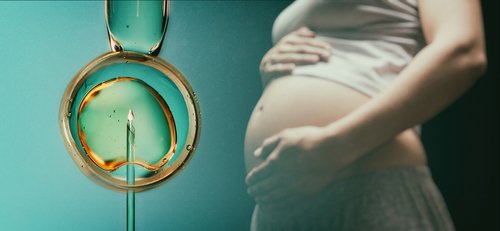Brussels (Brussels Morning) The French parliament is set to pass a new law today that will allow single women and lesbian couples to request and receive in-vitro fertilisation treatment.
Previously, French laws made fertility treatments available only to heterosexual couples, shutting the doors to women without male partners, forcing many French women to travel abroad to receive IVF using donor sperm. Most French LGBT groups have described the existing law as discriminatory.
The proposed new law first passed through the National Assembly back in October 2019, but then spent the better part of the next two years languishing in the Senate, the upper house of the French parliament, where President Emmanuel Macron’s Republic on the Move (LREM) party is in a minority.
Dominated by the conservative, centre-right Republicans, the Senate introduced hundreds of amendments to the bill before returning it to the Assembly for today’s final vote. With LREM holding a majority in the lower house, the bill is all but certain to be enacted.
Macron floated the idea of expanding the right to fertility treatments during his 2017 presidential campaign. However, once elected, he put the plan on the backburner fearing a conservative backlash similar to the 2013 mass protests when Socialist President Francois Hollande proposed to legalise same-sex marriage.
Public opinion has shifted since 2013. Recent polls indicate that more than two-thirds of French citizens fully support IVF treatments for single and lesbian women. Rallies organised in the past two years by conservative groups opposing gay marriage repeatedly failed to attract large crowds or to demonstrate significant opposition to the proposed law.
The new law would allow all women under 43 to receive IVF, while also enabling women in their thirties to have their eggs frozen, something previously available only ahead of medical procedures that might irradiate or damage the eggs. A final change to the existing legislation is a provision allowing children conceived from donor sperm to find out who their biological father is once they turn 18, thus ending the practice of anonymity for sperm donors.




